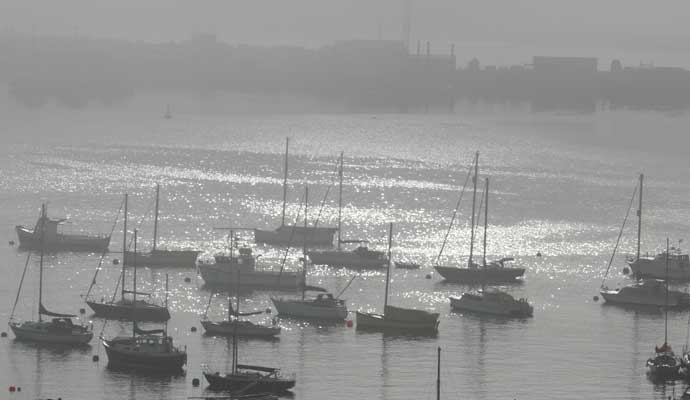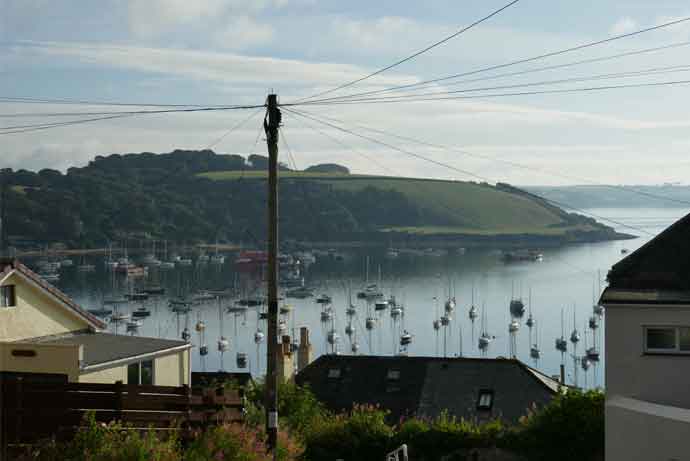Er...
[In fairness, that congestion will be caused by the construction of lorry parks, says the report. Lorry parks like the Ashford International Truck Stop? Anybody who remembers the chaos a few years back when Ashford in Kent was rebuilt as an EU transport hub will know exactly what they mean. That time, the congestion was because the border was opening up, with Eurotunnel completed, et cetera.]
Name of the consultancy: Oxera. And they're right. Lots of things could go wrong, some of them related to Brexit, some of them related to the new IT system that HMRC - you just knew this was going to happen, didn't you? - are planning to install in March 2019. The report fails to mention one other prospect facing us. The increased flow of negative reports from consultancies seeking headlines, which is almost entirely the fault of Brexit, could lead to significant deforestation (I'm looking at a paper copy of The Observer) and thus increase in the rate of global warming.
So logically, Brexit could lead to a lump of ice the size of the Schengen Area breaking off the Antarctic, melting in a shipping lane and raising sea levels enough to inundate Venice and much of the Netherlands.
But don't panic. Other reports are available, and many of them suggest that trade between the UK and the EU will dwindle away after Brexit, so, for example, there won't be any queues of lorries wanting to carry goods across the border. Grass will grow through the cracked concrete of those empty lorry parks, and the new IT system at Dover customs will fizz and crackle unheeded. The pound will have collapsed completely by then, so we'll all be taking holidays at home. Pollution, congestion and even vapour trails will be things of the past.
Brexit - the green option.





